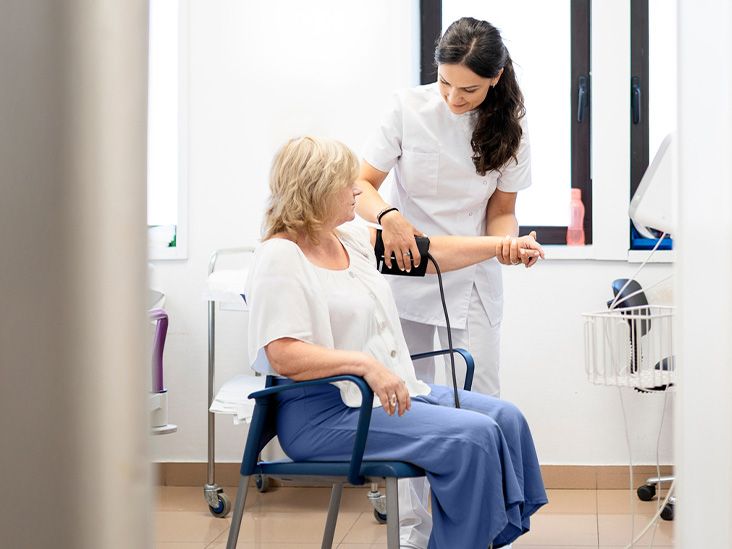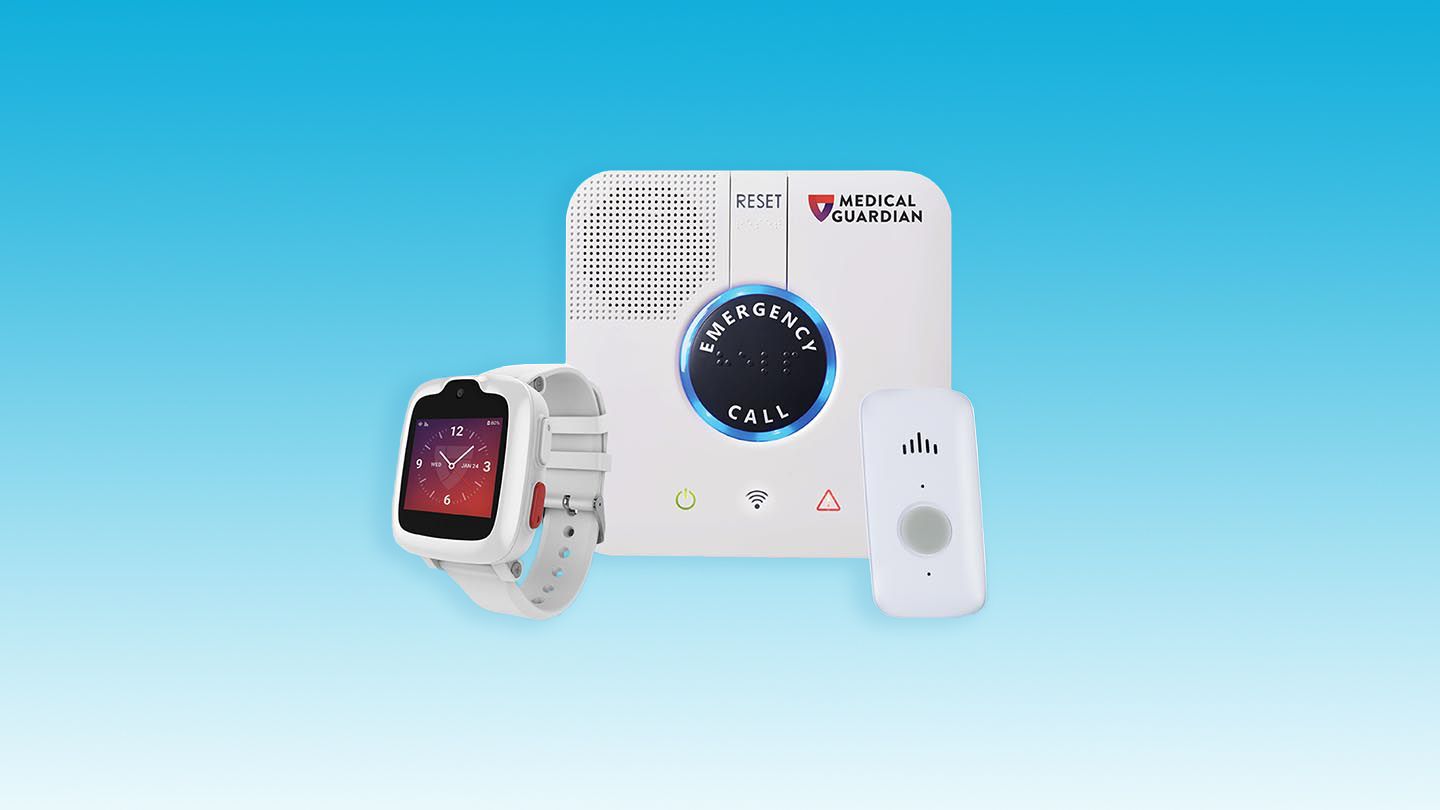Have you ever tripped over a rug or stumbled in the dark? You're not alone. These small moments of imbalance can be more than just embarrassing - they can be life-changing for seniors. I want you to know that help is closer than you think, and it might already be part of your healthcare coverage.
Let's talk about how Medicare can be your ally in staying steady on your feet. Think of this as a friendly conversation between us, where I'm sharing everything I wish someone had told me (or my loved ones) about keeping safe and making the most of available benefits.
Understanding Fall Risks
As we age, our bodies change in ways that can make us more prone to falls. It's not that we're fragile - it's just that our reflexes might slow down a bit, our vision might need a little help, or we might be taking medications that affect our balance. These changes are normal, but they deserve our attention.
The scary part? Falls are actually the leading cause of injury deaths among older adults. Every eleven seconds, someone over 65 ends up in the emergency room because of a fall. And here's something that might surprise you - up to two out of three seniors who are hospitalized due to a fall end up being discharged to nursing homes.
But here's the hopeful news: a study showed that seniors who attended their Annual Wellness Visit were significantly less likely to fall. That simple checkup can be like having a safety net beneath you.
Medicare's Protective Cover
When it comes to Medicare fall prevention, the coverage is more comprehensive than many people realize. Original Medicare - that's Parts A and B - covers several preventive services that can help evaluate and reduce your fall risk.
Your journey starts with the Welcome to Medicare Checkup, which is completely free. This initial visit is like getting a health snapshot - we take a look at where you stand right now. Then there's the Annual Wellness Visit, which happens every year. Think of it as your health check-in, where we review your physical and mental well-being.
Here's what else might be covered:
- Cognitive assessments if you're having memory or thinking concerns
- Bone density tests every two years under certain conditions
- Diabetes and vision screenings (since these can impact balance)
- Weight management counseling
- Physical or occupational therapy when medically necessary
- Durable medical equipment like canes, walkers, or grab bars
The beauty of these services is that many of them come at no cost to you. Your Annual Wellness Visit? Free. That initial Welcome checkup? Also free. Other services might require you to meet your Part B deductible, but Medicare typically covers 80% of the approved amount after that.
Medicare Advantage Extras
Now, if you're enrolled in a Medicare Advantage plan (Part C), you might have access to even more fall prevention benefits. These plans include everything Original Medicare covers, but many go above and beyond.
Imagine having access to free gym memberships through programs like SilverSneakers. Or what about having a professional come to your home to identify potential hazards? Some plans even cover balance and mobility classes, which can be game-changers for staying steady.
| Benefit | Purpose |
|---|---|
| Free gym memberships | Improves strength and balance |
| Home safety assessments | Identify and fix hazards |
| Balance classes | Like Stepping On or Otago programs |
| Fall risk counseling | Talk through personal risk factors |
The financial benefit is real too. Studies show that programs like A Matter of Balance can save about $938 per person, Stepping On saves around $134, and the Otago Program saves approximately $429. That's money staying in your pocket instead of going toward medical bills.
Talking With Your Doctor
Sometimes the most powerful step is simply having an open conversation with your doctor. You don't need to wait for problems to bring up fall prevention. In fact, I'd encourage you to be proactive about it.
Consider asking questions like:
- Have I had any falls or near-falls recently?
- Are my medications increasing my fall risk?
- Should we test my bone density?
- Could I benefit from physical therapy or balance sessions?
There are also simple self-evaluation tools you can try at home. The Timed Up and Go test is straightforward - just measure how long it takes you to stand up from a chair, walk three meters, turn around, and return to your seat. According to CDC research, this simple test can reveal a lot about your balance and mobility.
Real Stories, Real Change
Let me tell you about Lynn, a 72-year-old friend who lives alone. She has mild diabetes and started feeling unsteady getting up from her chair at night. During her yearly wellness checkup, her doctor performed a fall risk assessment and didn't stop there.
He ordered a home safety evaluation through her Medicare Advantage plan, enrolled her in a balance workshop using SilverSneakers funding, and prescribed a custom cane recommendation through DME coverage. Six months later, Lynn reported feeling stronger, safer, and more confident.
That's what real change looks like. It wasn't just prevention - it was transformation. And it happened because Medicare helped her ask the right questions and use the right benefits.
Balancing Support And Independence
Here's something important to consider: while help is wonderful, we also want to maintain our independence and strength. Some people assume that all support requires prior approval, or they might rely too heavily on tools like walkers without strengthening the muscles underneath.
The Centers for Medicare & Medicaid Services emphasizes that encouraging behavior change - like exercising regularly - often leads to greater long-term impact than hardware alone. It's about building your natural strength while having the right tools when you need them.
Making The Most Of Your Benefits
If you're ready to take action, here's a simple checklist to get started:
- Schedule your first wellness visit if you haven't already
- Talk with your doctor about any previous falls or balance concerns
- Don't wait to address these issues - early action really does matter
- Explore extra benefits if you're on a Medicare Advantage plan
- Keep track of your wellness sessions to ensure continued access
You can check what's covered by visiting Medicare.gov or using your MyMedicare.gov dashboard. These resources can help you understand exactly what's available to you.
Remember, we're all aging differently, and there's no shame in asking for help or using the resources available to us. Think of it as being smart about your health - not as giving up your independence.
Your Steady Future
Falls might seem like an inevitable part of growing older, but I want you to know that they don't have to be part of your story. With the right support, screening, and steps - many of which are covered by Medicare itself - staying steady is entirely possible.
Whether it's that free Annual Wellness Visit, access to physical therapy, or equipment like a walker or grab bars, you have options. The key is knowing what's available and feeling empowered to ask for it.
Take a moment to look into your current coverage. Are you making the most of what's available? Your future self will thank you for taking action today. If you have questions about specific benefits or want to share your own experiences with fall prevention, please don't hesitate to reach out - we're all in this together.
Remember, staying upright isn't just about avoiding falls - it's about maintaining the freedom and confidence to live your life fully. And with Medicare's support, you've got a strong foundation to build on.
FAQs
What is Medicare fall prevention?
Medicare fall prevention includes screenings, assessments, and services like wellness visits, balance training, and home safety evaluations to help reduce fall risks for seniors.
Does Medicare cover balance classes?
Medicare Advantage plans may cover balance classes like Stepping On or Otago. Original Medicare may cover related therapy if deemed medically necessary.
How often can I get a wellness visit for fall prevention?
You can get a free Annual Wellness Visit every year through Medicare, which includes a review of your fall risk and overall health.
Can Medicare pay for grab bars or walkers?
Yes, Medicare Part B may cover durable medical equipment like walkers and grab bars if prescribed by your doctor for safety and mobility.
What should I ask my doctor about fall prevention?
Ask about medication side effects, balance concerns, need for therapy, bone density tests, and whether you’re at risk based on past falls or mobility issues.
Disclaimer: This article is for informational purposes only and does not constitute medical advice. Always consult with a healthcare professional before starting any new treatment regimen.
Related Coverage
Get clear, local insights on Medicare in Hawaii. Compare plans, understand coverage, and make confident healthcare choices for your island lifestyle....
Use this turning 65 checklist to prepare for retirement with confidence. Cover Social Security, Medicare, finances, and more....
Research shows crossword puzzles may help strengthen the brain and slow cognitive decline in those with Parkinson's disease. Learn how crosswords can aid as a supplement to Parkinson's treatment....
Compare Medigap plans with ease. Find the right Medicare supplement coverage based on benefits, pricing methods, and your unique needs....
Learn about the different Medicare card types and how they affect your healthcare coverage. Know which card to use when....
As bladder cancer progresses, pain, urinary problems, fatigue, and other issues arise. Expect pain, appetite loss, infections, kidney failure, and breathing changes near death....
Get clear info on Medicare Part B cost for 2025, including premiums, deductibles, and ways to lower what you pay each month....
Find the right Medicare plans in North Dakota that fit your health needs and budget. Compare options today....
Blood loss becomes deadly when it exceeds 40% of total volume. Rapid treatment with IV fluids, blood transfusions, and controlling bleeding is vital to survive major hemorrhage....
Learn how Medical Guardian medical alert systems work, pricing, features and more. Reviews and frequently asked questions to help decide if it's the right choice....








